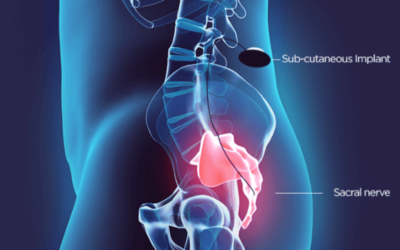Enhanced Recovery and Surgery (ERAS) programs and Improving Surgical Care and Recovery (ISCR) programs are used by hospitals to ensure the best outcomes. These programs work to decrease the physiologic stress of surgery and to help the body deal with the stress. In order for them to work, everyone has to be on board. This includes the anesthesiologist, the surgeon, the nursing staff and the patient. Some of the details that these programs address are:
- Controlling pain while minimizing narcotic use
- Decreasing the time without food and liquids before surgery
- Antibiotic use
- Minimizing nausea and vomiting
- Maintaining a normal temperature
- Increasing activity after surgery.
There are lots of checklists to make sure everything is done perfectly. You don’t need to know all of these details but you should ask your surgeon if the hospital is using ERAS or ISCR protocols. There are also things that you can do to improve your surgical outcome.
Smoking
If you are a smoker, you should quit at least four weeks before surgery. Smokers do not heal as well as non-smokers and they are more likely to have lung issues after surgery. Quitting smoking will improve your health and improve your surgical outcome.
Alcohol
You should not drink for 24 hours before surgery. If you drink 3-4 drinks per day, you are more likely to have complications after surgery. In this situation, you should stop drinking before surgery to improve your surgical outcome.
Diet
You should have a balanced diet with adequate protein before surgery. This isn’t the time to go on a big diet. Protein enhances healing so pay particular attention to how much you are getting. Obese patients are also more likely to have complications and having an ideal body weight is best at the time of surgery.
Exercise
ERAS and ISCR protocols encourage activity right after surgery. While not part of the ERAS/ISCR protocol, there is data to support moderate aerobic activity and resistance training for the month before surgery. Patients that do this recover more quickly after their surgery. Think of this as “better in, better out.” If you are in good shape going into your surgery, you are more likely to be in good shape coming out of it. Most of the work on exercise and surgery has focused on big surgeries like heart surgery. But there is no reason to think that this wouldn’t be the case in smaller surgeries too.
ACOG Committee Opinion 750: Perioperative pathways: enhanced recovery after surgery. Obstet Gynecol 2018;132(3):e120-30.
AUGS Quality Committee. Guidance for improving surgical care and recovery in urogynecologic surgery. FPMRS 2021;27(4):223-4.
Gillis C et al. Prehab vs rehab: a RCT for patients undergoing colorectal resection for cancer. Anesthes 2014;121(5):937-47.






0 Comments